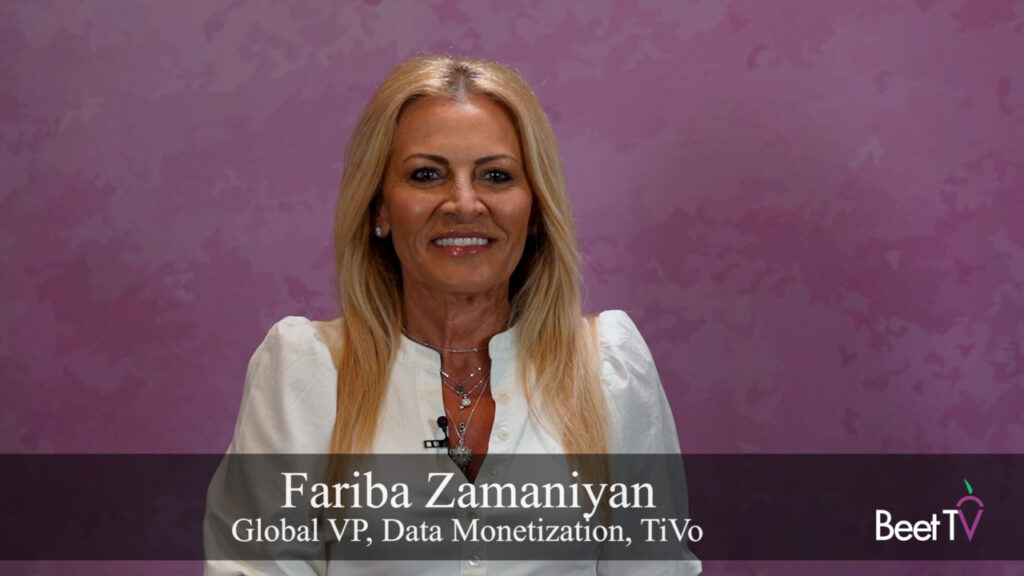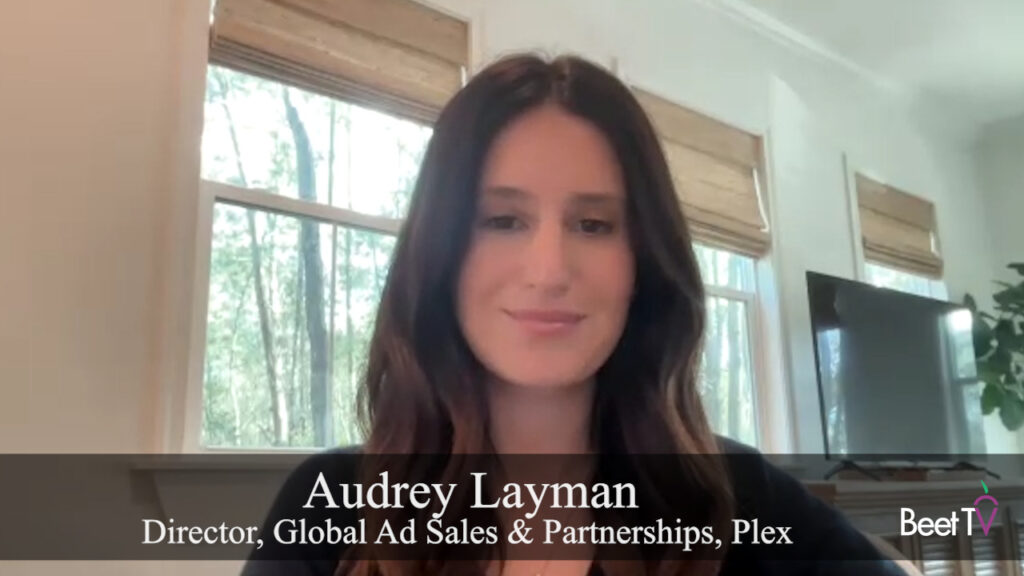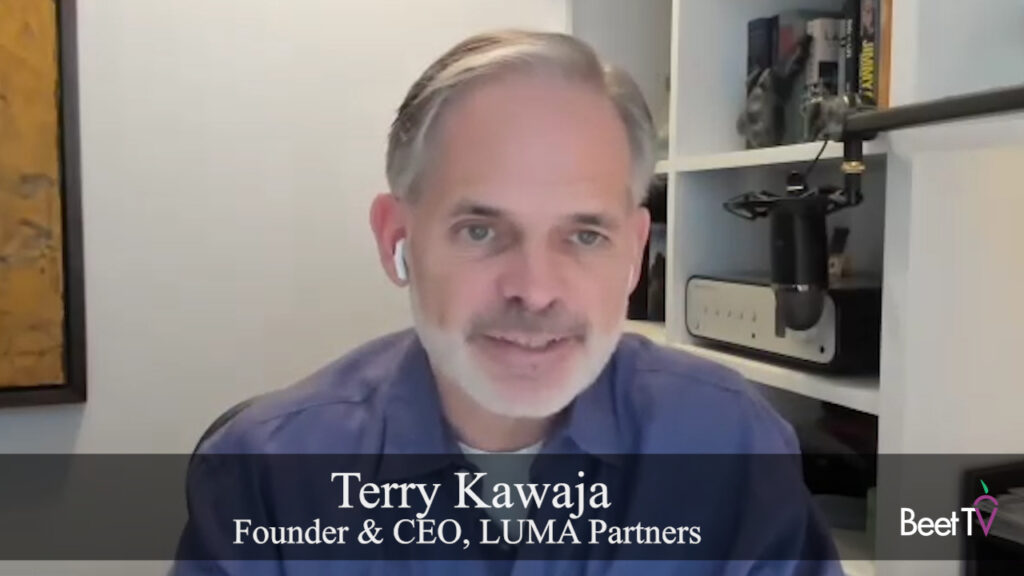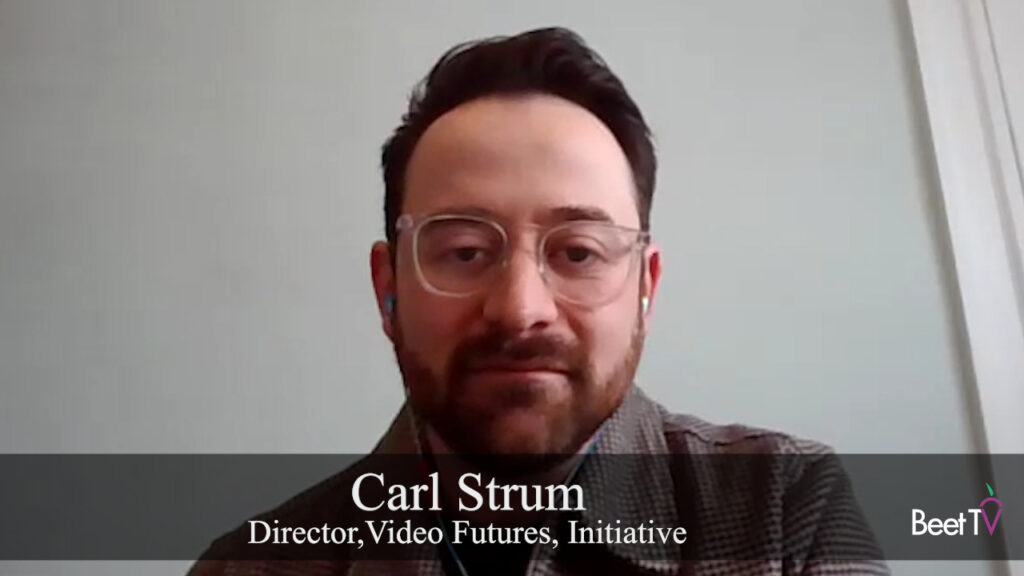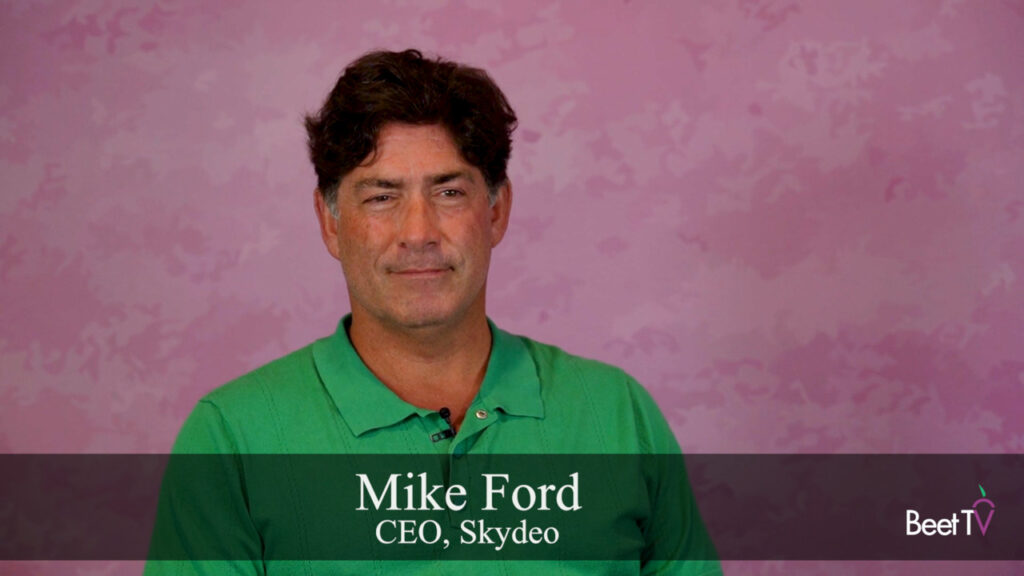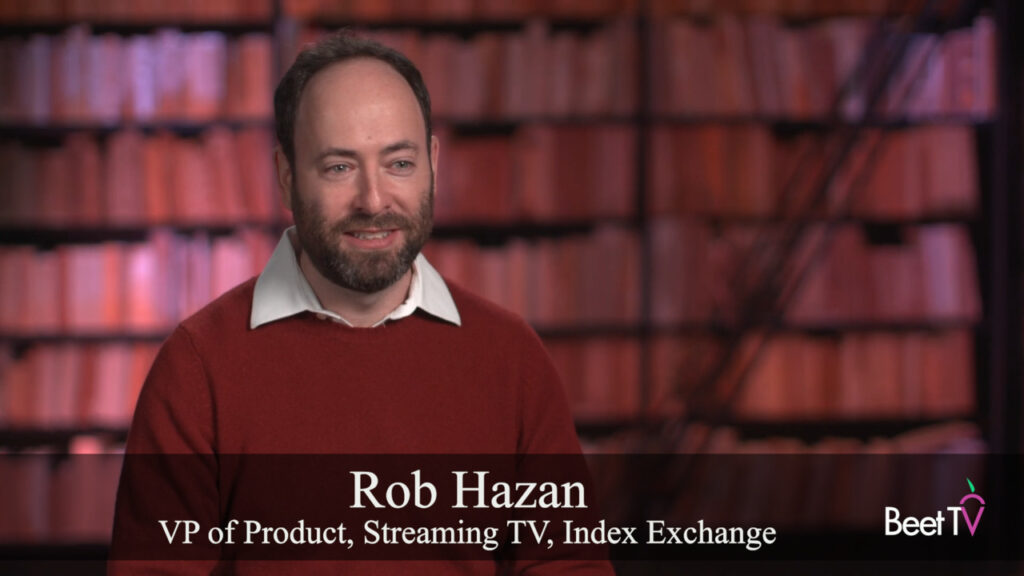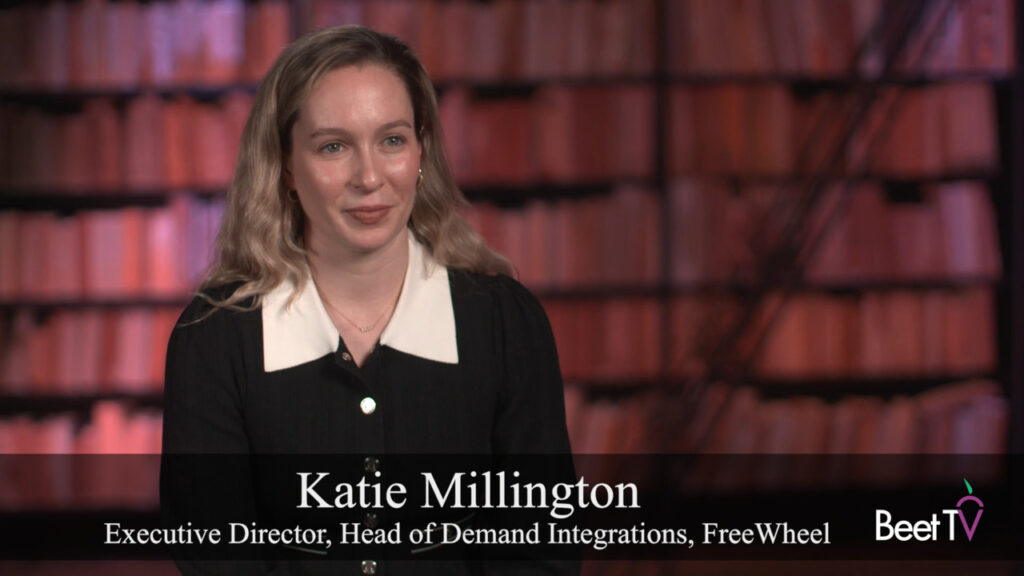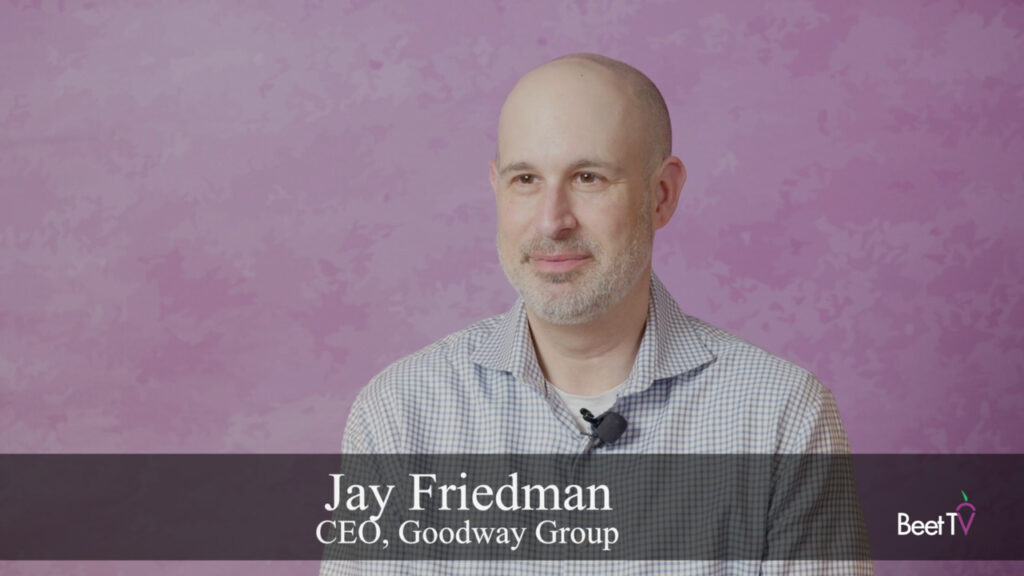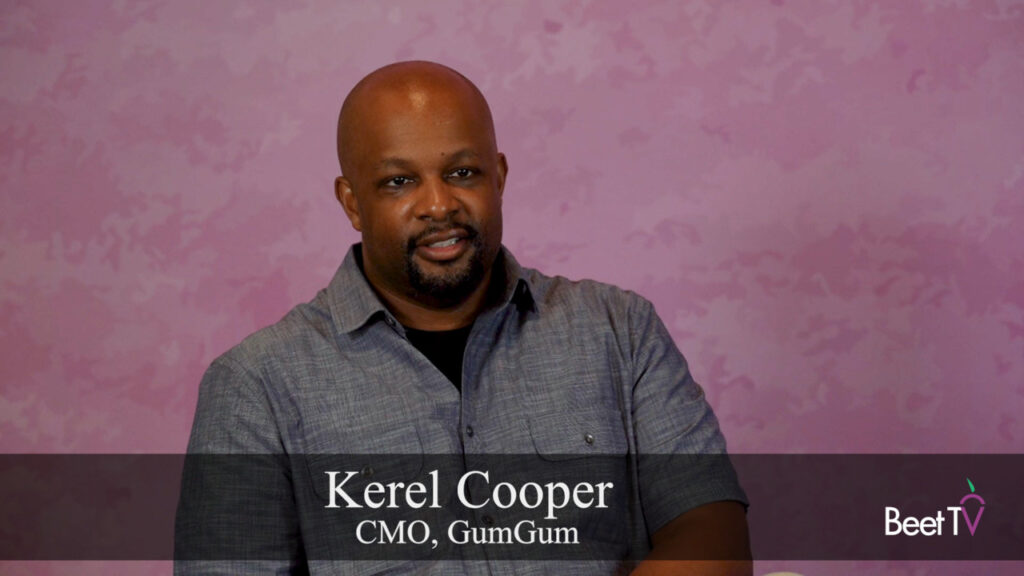SANTA MONICA, Calif. – The idea of showing different advertising to different household during the same TV shows is appealing to marketers who want to ensure their media spending drives at outcome. That push toward more personalized advertising is counterbalanced with consumer concerns about privacy.
“We have at least five different privacy laws coming up from five different states with I think approximately another 22 coming out in the next year,” Julian Zilberbrand, executive vice president of advanced media at Paramount, said in this interview with consultant Joanna O’Connell at the Beet Retreat. “We have to be really thoughtful about how we’re using PII [personally identifiable information] to enable opportunities.”
Addressable advertising also means reaching consumers as they watch programming on different devices, a cross-platform strategy that faces daunting technical challenges.
“Cross-screen addressable convergence is there, but it’s complicated,” Zilberbrand said. “Every time you’re pushing a signal out through a distributor, you’re getting some data back and those things are potentially not always the same. So absolutely we need to work towards some standardization of that.”
Paramount can offer advertisers reach into 50 million U.S. households through multivideo programming distributors (MVPDs). That’s in addition to consumers who watch its Paramount+ streaming service and Pluto TV, the free ad-supported television (FAST) platform that’s available on multiple connected devices.
“The actual reality of converging television is that it’s still a work in progress,” Zilberbrand said. “We’re all working to get there.”
You are watching coverage of Beet Retreat Santa Monica 2022, presented by Ampersand, MiQ, Nielsen, PubMatic, T-Mobile Advertising Solutions and The Trade Desk. For more videos from the Beet Retreat, please visit this page.





























